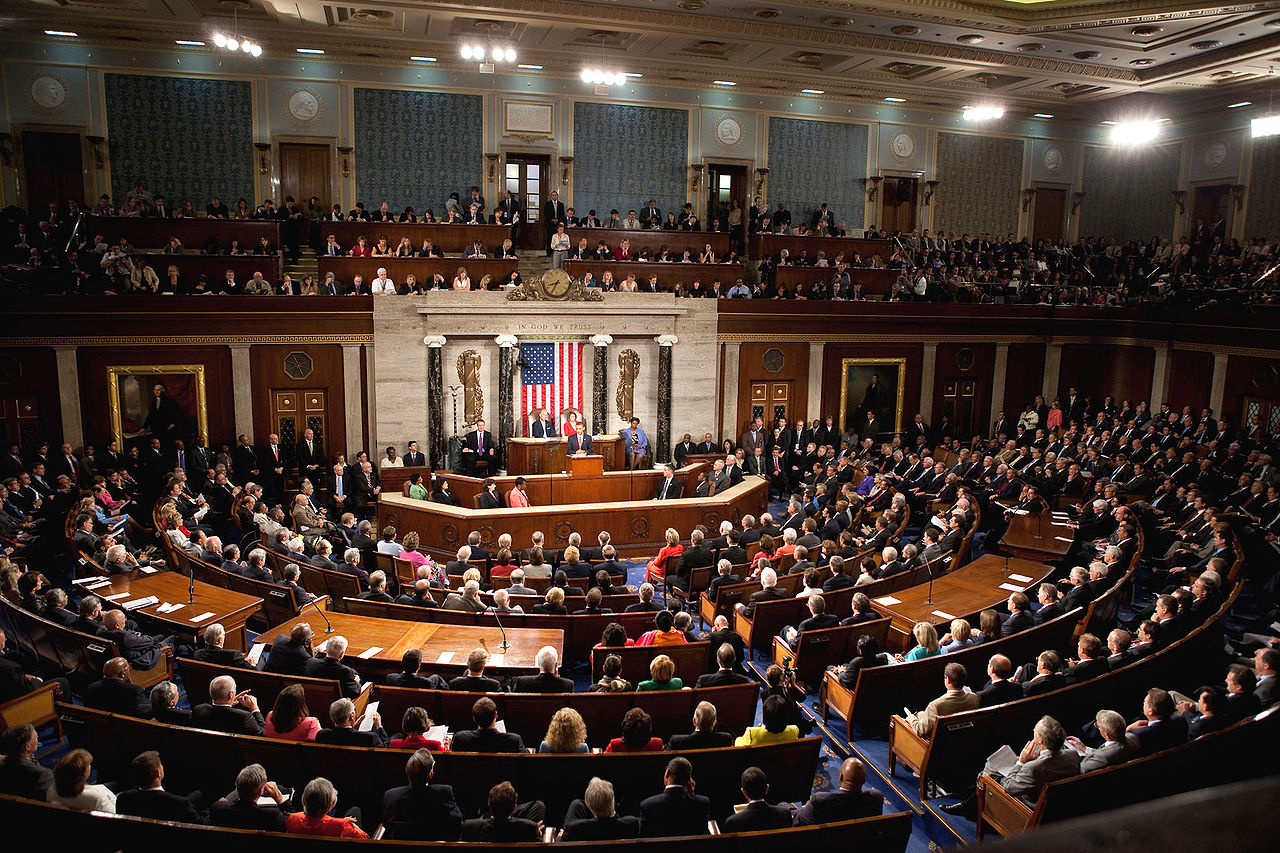WASHINGTON D.C.—On July 23, the House of Representatives passed a bill to cut federal funding for “sanctuary cities” like Los Angeles and San Francisco.
A “sanctuary city” is one that provides shelter to illegal immigrants, usually by prohibiting police or city workers from asking people about their immigration status. In 1979, Los Angeles became the first sanctuary city when the Chief of Police Daryl Gates, in conjunction with the Los Angeles City Council, issued police mandate Special Order 40. Special Order 40 prevents Los Angeles Police Department officers from “[initiating] police action with the objective of discovering the alien status of a person” and from “[arresting or booking] persons for violation of title 8, section 1325 of the United States Immigration code (Illegal Entry).”
H.R. 3009, also known as “Enforce the Law for Sanctuary Cities Act,” would block sanctuary cities like Los Angeles and San Francisco from receiving federal funding for anti-terrorism and public safety efforts, and would make these cities ineligible for the State Criminal Alien Assistance Program.
The Act passed 241 to 179, with mostly solid support from the Republicans and mostly solid opposition from the Democrats. The passage of the bill comes in the wake of the controversy surrounding the July 1 death of Kathryn Steinle. Steinle was shot and killed on Pier 14 by Juan Francisco Lopez-Sanchez, an illegal immigrant who had been convicted of seven felonies since 1991 and had been deported five times.
Representative Trey Gowdy, a Republican from South Carolina, supported the bill, saying, “There are criminals motivated by malice and a conscious disregard for the lives of others, and there are cities more interested in providing a sanctuary for those criminals than they are in providing a sanctuary for their law-abiding citizens.”
On the other side of the debate, Representative Lloyd Doggett, a Democrat from Texas, argued, “This bill is not about grabbing criminals; it’s about grabbing headlines.”
Republicans supporters contended that action had to be taken, and that the bill would be, in the words of House Majority Leader Kevin McCarthy (Republican, Bakersfield), “a start to the conversation on immigration.”
Democratic opponents insisted that the bill would not solve the problem, and instead pushed for comprehensive immigration reform.
Republican Representative Carlos Curbelo of Florida, did not back the bill. “This is an exercise, this is not a solution,” he told reporters.
Whether the bill will receive support in the Senate has not been determined, but if it does pass, President Obama has already said that he will veto it.






